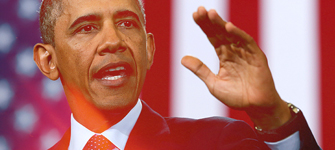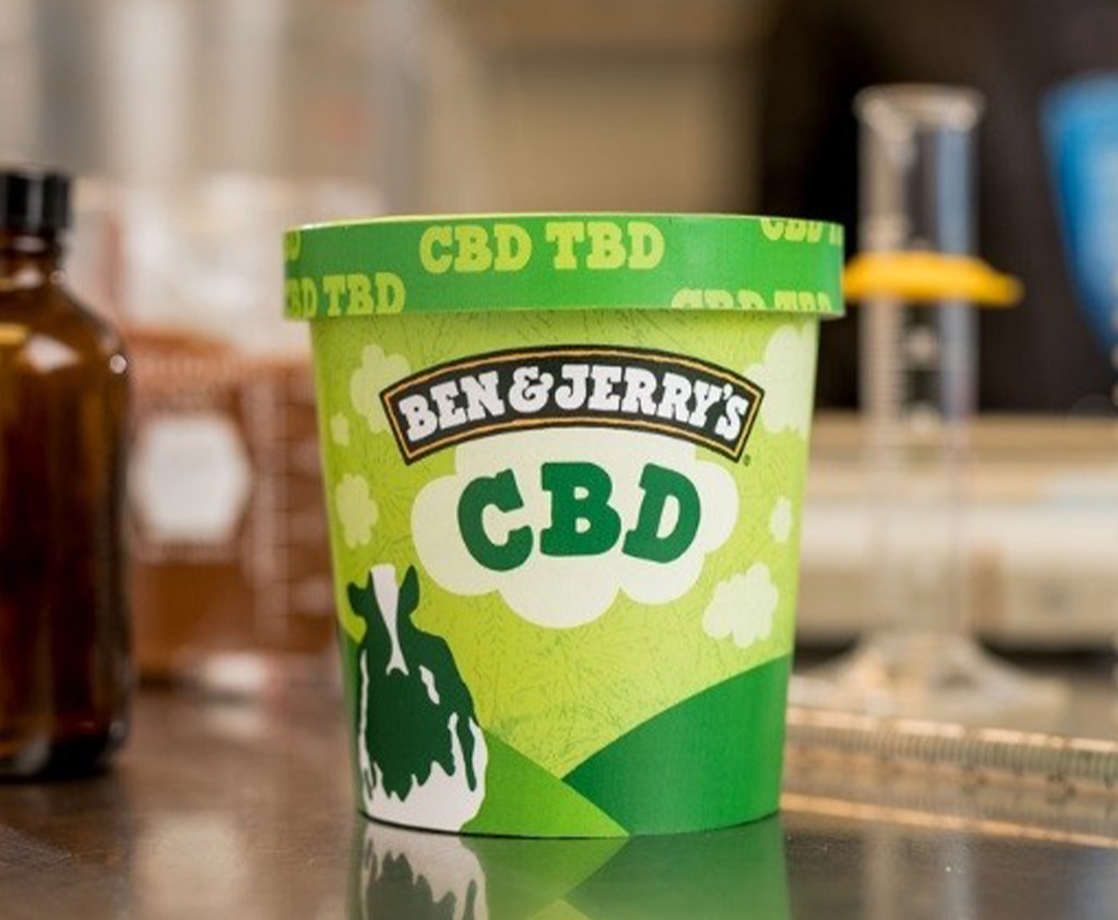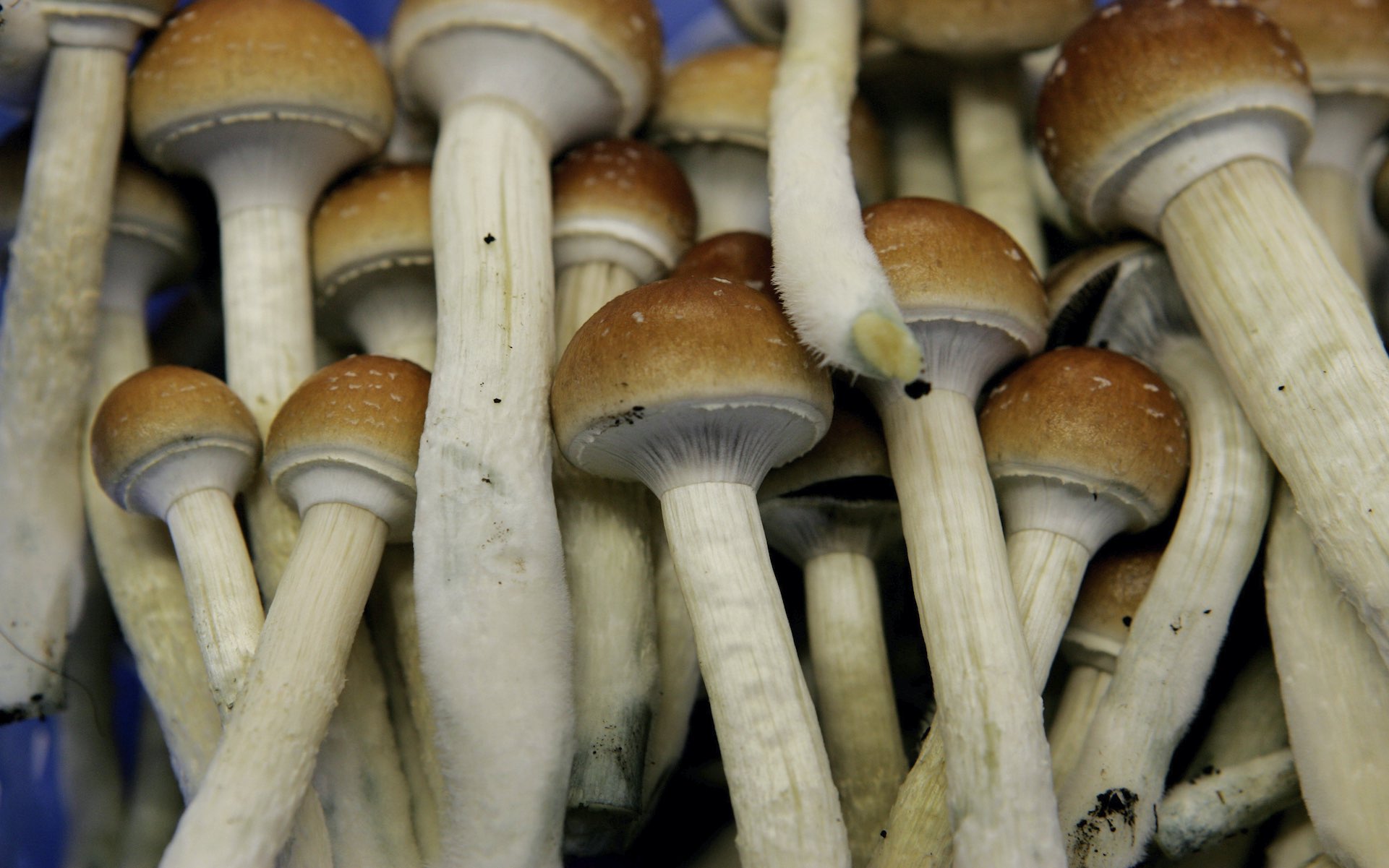After running successfully for president twice by characterizing himself as an activist, on cannabis President Obama has fallen short, completing his evolution into that most dogged of all enemies of activism, a party-line politician. Though his former pot-fueled exploits with the “Choom Gang” are the stuff of legend and his rhetoric has been heralded for favoring a “public health” approach to cannabis as opposed to an “incarceration” approach, Obama has proved again and again that he is unwilling to open a federal dialogue on legalization, even during the final year of his tenure with no election to pander for.
“I do not foresee, any time soon, Congress changing the law at a national basis,” President Obama said last April in Jamaica, effectively sticking a knife in the heart of any hope for significant federal discussion under his watch. It’s easy for the president to lay the blame at Congress’s feet. After all, legislators have by and large spent the last seven years making sure that blame for their own vindictive and stubborn antics could always be placed somehow with the executive. But President Obama’s failure to address the issue of legalization, which more than half the country supports, is more than just a political oversight, it is a direct contradiction of his traditional stance on the issue.
“I'm not going to be using Justice Department resources to try to circumvent state laws on this issue,” he famously said in 2008. But since taking office, President Obama has continued—even scaled up—the cannabis policies of George W. Bush. In 2012, the Marijuana Policy Project’s Rob Kampia said Obama had gone, “From first to worst” with regard to his stance on cannabis. In 2015, he backtracked former federal strongman tactics and told Dr. Sanjay Gupta, "I’m on record as saying that not only do I think carefully prescribed medical use of marijuana may in fact be appropriate and we should follow the science as opposed to ideology on this issue, but I’m also on record as saying that the more we treat some of these issues related to drug abuse from a public health model and not just from an incarceration model, the better off we’re going to be.” As the chief executive of a government that includes dogged prohibitionists and enforcers of all stripes, the president was bound to be influenced with regard to his cannabis stance, but the extent of his spin-move has been shocking to those who touted his experience as a tried and true activist who could not be shaken.
Talk of following science as opposed to ideology is all well and good, but if it were sincerely meant, it would be accompanied by sincere action. Cannabis would be on its way to being on par with or even more acceptable than alcohol, which causes more deaths and injuries annually by exponential margins and has no significant medical applications when imbibed. Instead, President Obama, formerly a symbol of activist hope among cannabis patients and advocates, has been reduced by the Washington grindstone into a spouter of platitudes, a status quo politician. Cannabis, it appears, is no longer his problem. He can’t stem the rising tide in the year he has left, but neither does he feel any responsibility to those progressives for whom his campaign rhetoric was apparently a source of misplaced hope.











